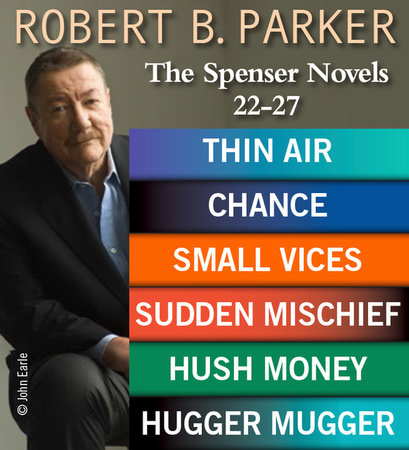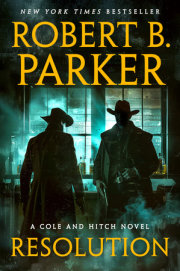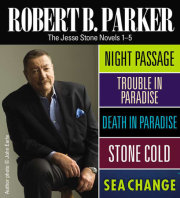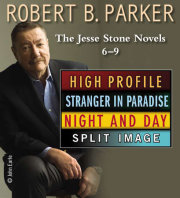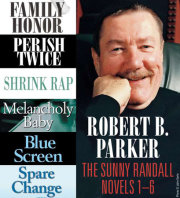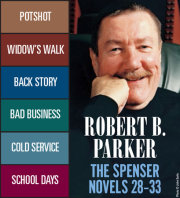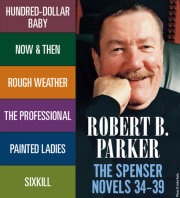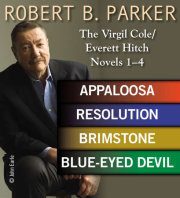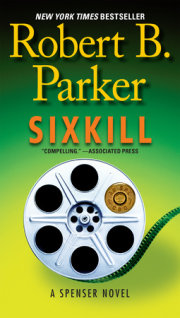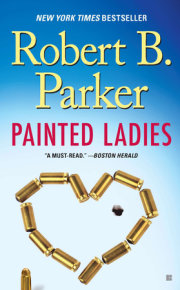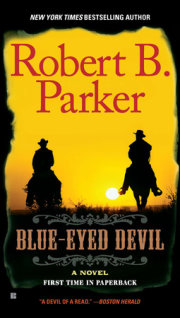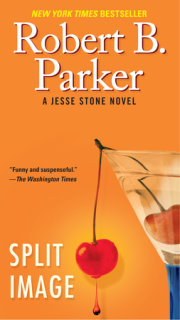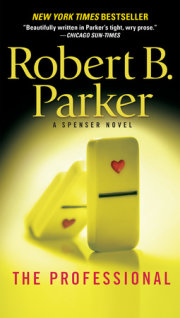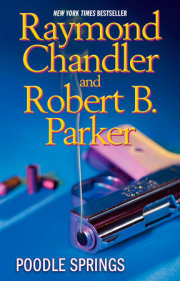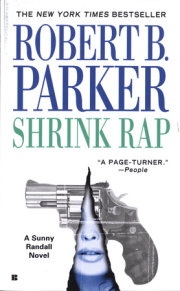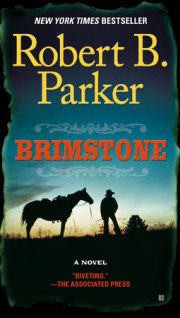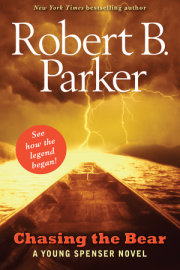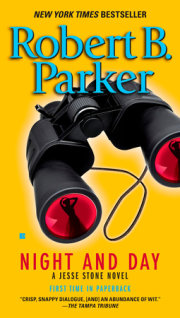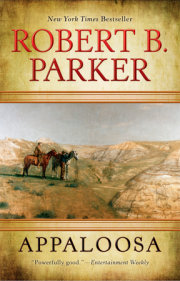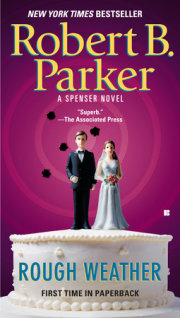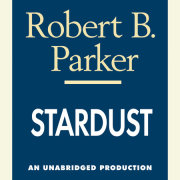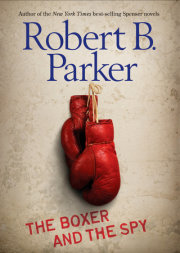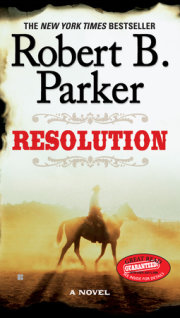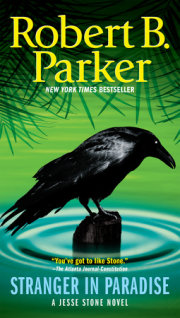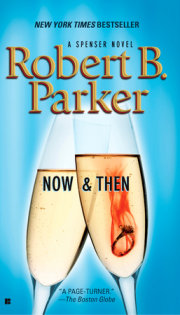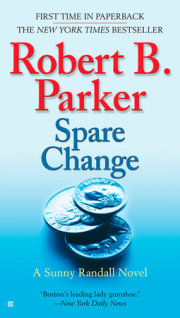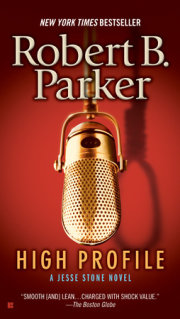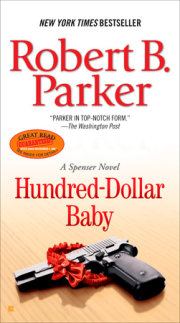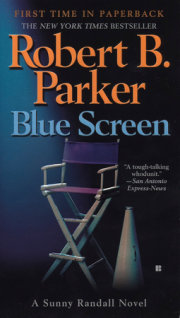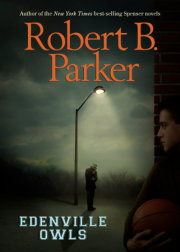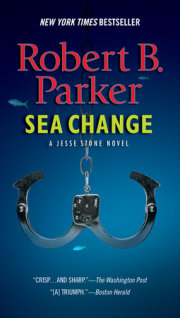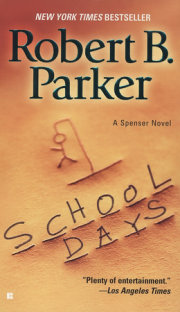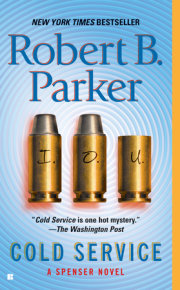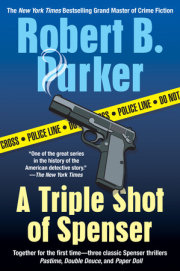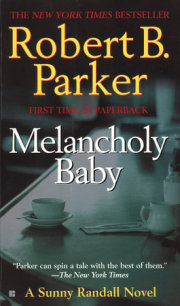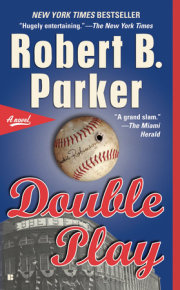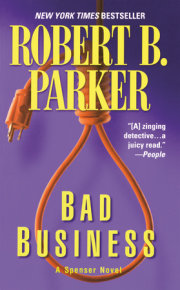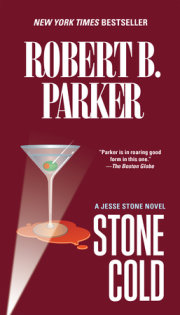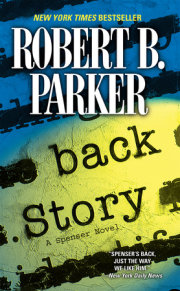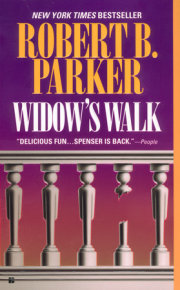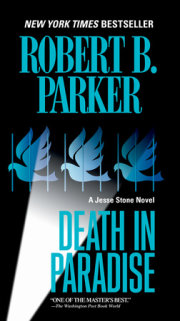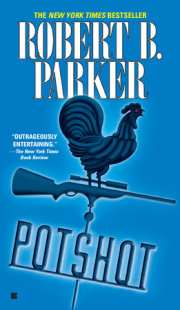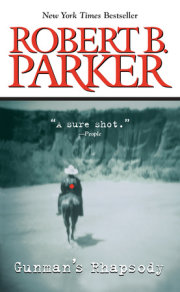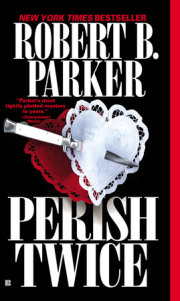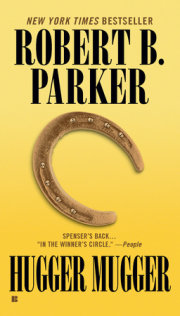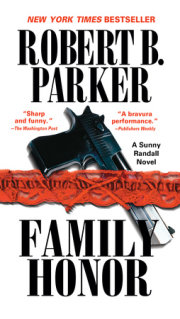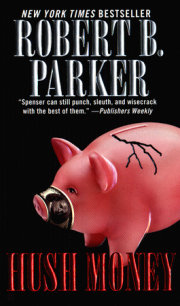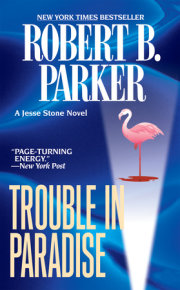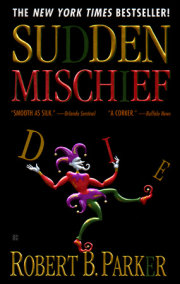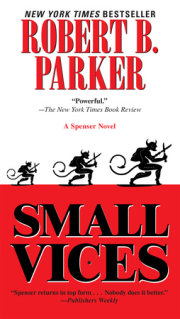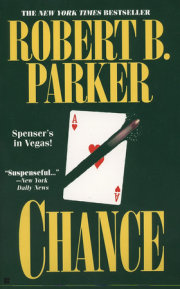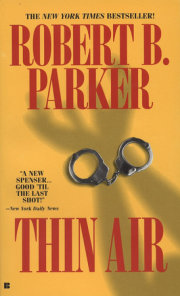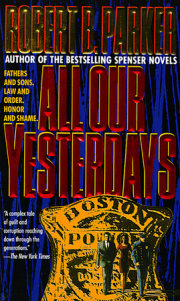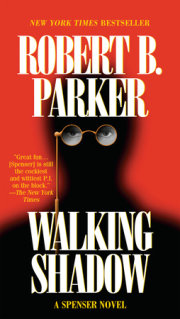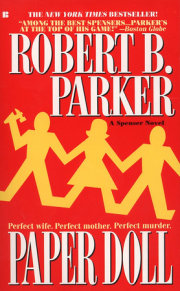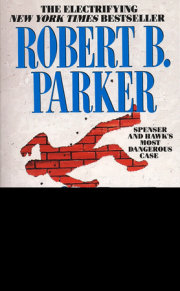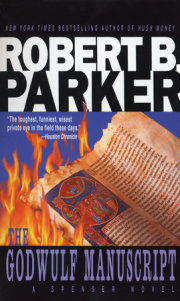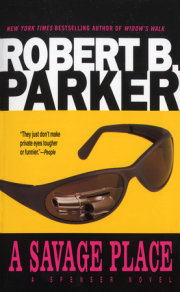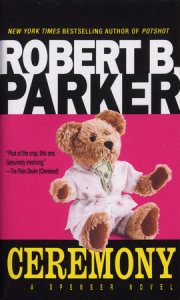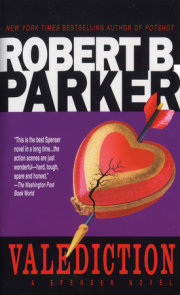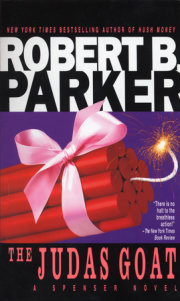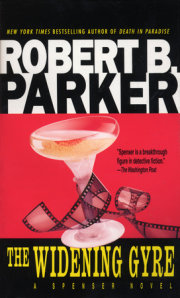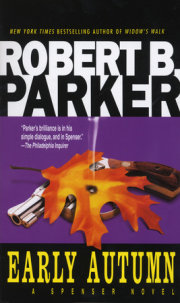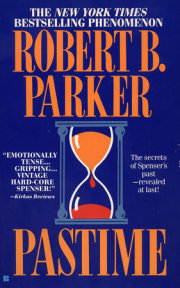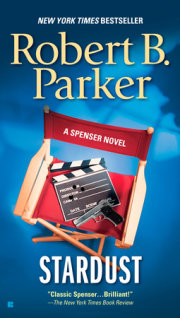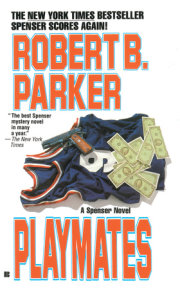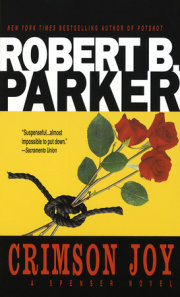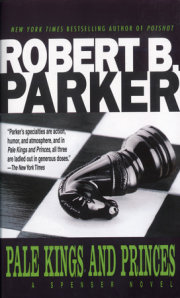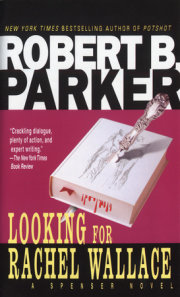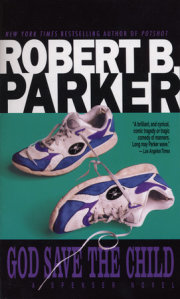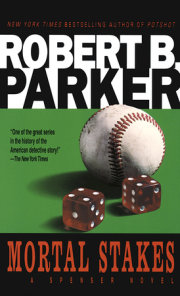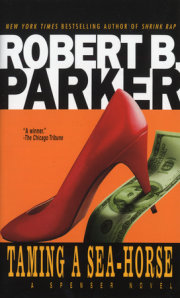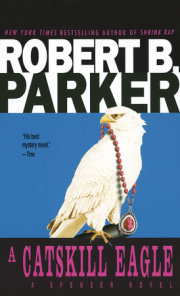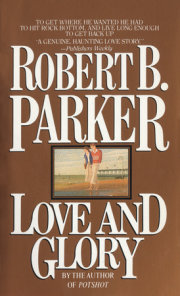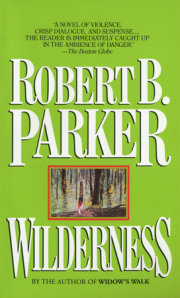He had brought several silk scarves with him in a shopping bag and had used them to gag her and to bind her hands and feet.
“The silk is gentle,” he had said to her. “It will not cut you as rope would.”
Now she lay helpless, full of fear and anger at her helplessness, on a mattress in the back of an old yellow Ford van, and he drove. As he drove he played with the radio until he found a country-western station.
“Here it is, Angel—90 FM, Rock Country, remember?”
If she raised her head, Lisa could see through the front windshield. The tops of trees went by, and poles and power lines. No buildings. So she wasn’t in the city now.
“God, how long’s it been, Lees? Ten months and six days. Nearly a year. Man, it’s been a hard year . . . but now it’s over. We’re together.”
The van hit a pothole and Lisa bounced uncomfortably on the mattress on the floor of the van. The gag in her mouth was soaked with her saliva; she knew she was drooling a little.
“And that’s all that matters,” he said. “Whatever happened, happened, and it’s over. Now it’s all ahead of us. Now we’re together.”
The van had slowed. They were in traffic. She could hear it, and the van braked often, making her slide around on the mattress. It seemed like a brand-new mattress. Had he bought it for this? Like he’d bought the silk scarves? The van halted altogether. Through the windshield she could see the cab of a trailer truck beside them. If she could only wriggle forward a little, maybe the truck driver would see her. But she couldn’t. He had looped a rope through her bound ankles and tied it to a ring in the van floor. She was anchored where she was. Traffic started again. The radio played, he sang along with it. The traffic stopped. He turned while they were standing and aimed an ancient video camera at her over the seat.
“Got to get this on tape, our first time together again.”
She heard the camera whir.
“Look up, Angel, at the camera.”
She buried her face in the mattress. The camera whirred for another moment. Then it stopped and the van started up again.
chapter
------------------------------
I was hitting the heavy bag in Henry Cimoli’s Harbor Health Club. The fact that there was a heavy bag to hit was largely out of loyalty to me, and to Hawk, and to Henry past. He has owned the place since it was an ugly gym where fighters trained, having once been a ranked lightweight until Willie Pep urged him into the health club business by knocking him out in the first round of both their fights. It was a lesson in the difference between good and great. Joe Walcott had once taught me the same lesson when I was very young, though it took me longer to learn it.
Outside the boxing cubicle, which Henry had squeezed in next to his office, was a Babylon of glass and chrome and spandex, where personal trainers—mostly young women with big hair, wearing shiny leotards—trained people on the politically correct way to tone up and be better. Many of them viewed me with suspicion. Henry said it was because I looked like I was there to repossess the equipment.
Henry shmoozed among them with a white silk tee shirt stretched over his body, looking like Arnold Schwarzenegger writ small. He had no shame. When I complained to him that he’d turned the club into a dating bar for the overemployed, he just smiled and rubbed his thumb across his first two fingers. Only if business was slow and he thought no one was watching would he come into the little boxing room and make the speed bag dance. On the other side of Henry’s office was a hair salon and a place that gave facials. Upstairs they did aerobics.
I was mainly doing combinations on the heavy bag to keep my hands, wrists, and forearms in shape. I still had to hit people now and again, and I didn’t want to hurt myself in the process. I was doing left jab, left jab, right cross, duck, when Frank Belson came in. He had the build for the place, narrow and hard with a thin face. But the tweed scally cap wasn’t right, and the tan windbreaker wasn’t right, and the permanent blue shadow of a beard that no razor could eliminate wasn’t right. No matter what they do, cops finally end up looking like cops. Or crooks, which is why they do well under cover.
“I need to talk,” Belson said.
I stopped, breathing hard, my shirt wet with sweat. The opposite end of the room was a full picture window that looked out over Boston harbor. The water was choppy today and scattered with whitecaps. The big airport shuttle from Rowe’s Wharf moved serenely across the inconsequential chop. There was nothing else moving in the harbor except the gulls.
“Sure,” I said.
“Somewhere else,” Belson said.
“Private?”
“Private.”
Henry was talking to a plump woman with frizzy blonde hair who was trying to do half push-ups with the motivational support of her trainer, a sleek young woman with purple tights and a big purple bow, who kept saying things like “excellent” and “you can do it.”
“Liz, I’ve already done eight,” the blonde woman said.
“Six,” Liz said. “But whatever’s comfortable.”
I gestured at Henry. He saw me and nodded.
“You’re doing terrific, Buffy,” Henry said to the blonde. “And it’s really beginning to show.”
The blonde woman smiled at him as she rested from her six or eight half push-ups. Henry turned and walked toward me.
“You’re doing great, too,” he said.
“Yeah, it’ll show soon. You know Frank Belson.”
Henry nodded.
“We’ve met.”
Belson said, “Henry.”
“Can we use your office for a while?” I said. “Frank and I need to talk.”
“Go ahead,” Henry said. “I got at least another hour of kissing ass and telling lies before lunch.”
“That’s called doing business, Henry,” I said.
“Yeah. Sure.” He looked at me solemnly. “And have a great workout,” he said.
Belson and I went into his office and closed the door. I sat in Henry’s chair behind his desk. Belson stood, looking out through the glass door at the flashy exercise room. I waited. I’d known Belson for more than twenty years, since the days when I was a cop. He had in that time never asked to speak with me alone, and on any other occasion I could think of would have taken the seat behind the desk. He turned back from staring at the exercise room and looked at the wall behind me. I knew, without looking, because I’d been there often, that there were four or five pictures of Henry when he boxed and at least two pictures of Henry in his current incarnation smiling with celebrated Bostonians who worked out at his club. Belson studied the pictures for a while.
“Henry a good fighter?” he said.
“Yeah.”
Belson looked at the wall some more as if memorizing every picture was something he had to do. He put his hands in his hip pockets as he studied the pictures. I leaned back a little in Henry’s swivel chair. My breathing had regularized. I felt warm and loose from the exercise. I put my feet up on the desk. Belson stared at the pictures.
“My wife’s gone,” he said.
“Where?”
“I don’t know.”
“Why?”
“I don’t know.”
“Has she left you?” I said.
“I don’t know. She’s gone. Just disappeared. You know?”
Belson kept his gaze riveted on Henry’s wall.
“Tell me about it,” I said.
“You know my wife?”
“Yeah, sure. Susan and I were at the wedding.”
“Her name’s Lisa.”
I nodded.
“Second wife, you know.”
“Yeah. I know that, Frank.”
“And she’s a lot younger, and too good looking for me, anyway.”
“You think she left you,” I said.
“She wouldn’t do that. She wouldn’t go off without a word.”
“You think something happened to her?”
“I checked every hospital in New England,” Belson said. “I got a missing persons report on the wire all over the Northeast. I called every cop I know personally, told them to look out for her. They’ll pay attention. She’s a cop’s wife.”
He turned again and stared out at the exercise room again. Henry’s office was silent.
“She could take care of herself. She’s been around.”
“You and she been having trouble?” I said.
His back still to me, he shook his head.
“You want me to look for her?”
He was motionless. I waited. Finally he spoke.
“No. I can do that. We don’t find her soon, I’ll take time off,” he said. “I know how to look.”
I nodded.
“What’s her maiden name?” I said.
“St. Claire.”
“She got family somewhere?”
Belson turned and looked straight at me for the first time.
“I don’t want to talk about it,” he said.
I nodded. Belson stared out at the people exercising in their variegated spandex. Sometimes I thought it was like golf; people did it so they could wear the clothes. But then I noticed that most people looked funny in the clothes and decided I was wrong. Or most of them knew themselves but slightly. The silence in Henry’s office was stifling. I waited. Belson stared.
Finally, I said, “You don’t want to talk about it, Frank, and you don’t want me to help you look, how come you came here and told me about it?”
He stared silently for another time, then he spoke without turning.
“Happened to you,” he said. “Ten, twelve years ago.”
“Susan left for a while,” I said.
“She told you she was going.”
“She left a note,” I said.
Belson stared silently through the window. The exercisers were exercising, and the trainers were training, but I knew Belson wasn’t looking at them. He wasn’t looking at anything.
“She came back,” he said.
“So to speak,” I said. “We worked it out.”
“Lisa didn’t leave no note,” Belson said.
Anything I could think of to say about that was not encouraging.
“When I find her I’ll ask her about that,” he said.
He turned finally and looked straight at me.
“Thanks for your time,” he said and went out the office door.
It was dark when the van stopped. She could hear a radio playing somewhere and a dog barking. He got out of the car and came around and opened the van doors. She wriggled into a sitting position. The camera light was bright in her eyes. The camera whirred.
“Look at me, honey,” he said. “We are home now . . . No, look this way . . . turn your head . . . come on, do not be such a tease.”
Behind him a short man appeared, pushing a hand truck with a tarpaulin over his shoulder. The camera continued to whir.
“Just give me a minute . . . I want to get everything . . . you don’t get it and then later you are sorry . . . wait until we have children, I’ll be behind this camera all the time.”
The whirring stopped. “Okay, Rico,” he said, “take her up.”
With a buck knife, Rico cut the rope that anchored her to the floor of the van. He picked up her purse from the floor of the van and hung it over one handle of the hand truck. Then he pushed her flat and rolled her into the tarp. He heaved her onto the hand truck, strapped her to it, and wheeled her away. She could see nothing. The tarpaulin smelled of turpentine and mildew. She heard a door open and felt the hand truck begin to bump up some stairs. She jostled on it like a sack of potatoes. It was what she felt like: a helpless, inert, jostling sack of Lisa. The frame of the hand truck hurt her as it dug into her side. She couldn’t complain. She couldn’t speak. It was too much. She couldn’t bear it. She could feel her breath slipping in and out, feel the sweat soaking her clothing, feel the saliva-soaked gag in her mouth. The hand truck bumped and then slid along smoothly and then began to bump again. She twisted futilely inside her canvas and tried to scream and couldn’t.
. All rights reserved. No part of this excerpt may be reproduced or reprinted without permission in writing from the publisher.

